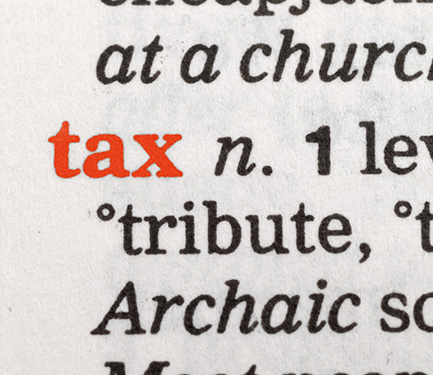In the aftermath of Covid-19, the Tax Foundation has warned states they should not use the opportunity for considerable excise revenues as the basis for legalising cannabis, but should instead focus on outcompeting illegal operators.
“Designing excise taxes (and regulations) will play a key role in allowing the legal market to undercut and outcompete the illicit market, which should be one of the first priorities,” the report states.
“Legalisation of recreational marijuana should not be done in expectation of a short-term revenue bump from excise collections.”
Instead, it says, the focus should be on outcompeting illegitimate growers and sellers of cannabis, which still make up an estimated 78% of sales in the US, the report argues.
Lessons should be drawn from the end of the Prohibition era in the 1930s, the report further added, including that price parity between legal and illegal products would result in the gradual decline of illegal products.
Nine states, encompassing 27% of the US population, currently allow marijuana to be sold for recreational use, and the Tax Foundation recognised that some have made significant revenue: Washington and California took nearly $400m each in 2018-19, and Colorado made about $250m.
Five more states could vote on legalisation in November, with most proposing taxes of about 15-20%.
But according to the report, not all states can expect to make such significant amounts of money, with half projected to take in less than $100m.
“Due to their narrow base, they are not a suitable source of revenue for general spending priorities,” the report says about marijuana excise duties.
And any revenue made should be “allocated to programmes related to the externalities associated with marijuana use”, with the report calling for a “firm” legal requirement to do so.
These externalities include second-hand smoke, driving under the influence and health impacts.














